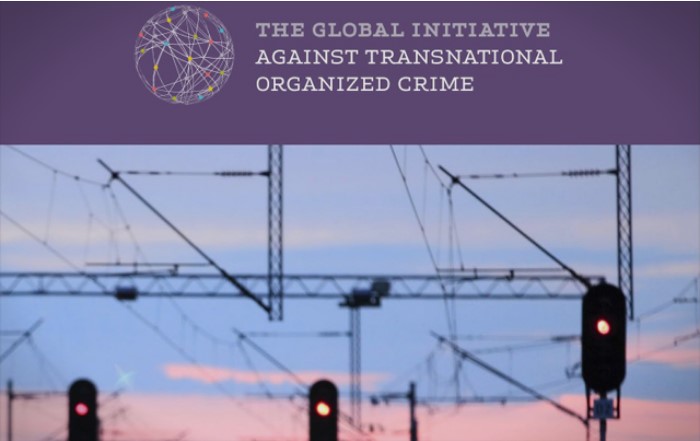A report on crime in the Balkans, prepared by the Global initiative against transnational organized crime points to the main crime hotspots in Macedonia. The reports lists Albanian gangs as dominating the crime in the capital Skopje, while Veles became prominent in the European drug trade.
Although Skopje’s population is predominantly ethnic Macedonian, the city’s main crime groups are said to be ethnic Albanians. The most prevalent organized-crime activities include drug trafcking, car theft, migrant smuggling as well as legal businesses that provide transportation for trafficking and opportunities to launder money. The three main criminal groups operating in the region (from the villages of Aracinovo, Kondovo and Grcec) appear to enjoy political protection, the report notes.
In the case of Veles, it is pointed out that, as Macedonia sits on the Balkan route for heroin smuggling, gangs from the city became involved in heroin trafficking to Western Europe. Veles lost much of its industrial base with the collapse of Communism, and poverty created a breeding ground for drug gangs.
The unemployment rate is over one third above the national average and there are high rates of suicide and depression. These conditions help to explain why, in the 1990s, Veles became the birthplace of the so-called Frankfurt mafia group – one of the biggest drug smuggling rings in Germany, which was also active in the heroin trade in Vienna. At its height, several hundred young people from Veles (often using Bulgarian passports) were believed to have sold drugs on the streets or Austria and Germany as part of the group. Some profits from this illicit activity were apparently laundered into the town’s discos, cofee bars, restaurants, tourism, hotels and betting shops. The Frankfurt group was eventually disrupted through a series of joint operations between the Austrian, German and Macedonian police, the report adds.
https://globalinitiative.net/wp-content/uploads/2019/05/Hotspots-Report-English-16May1245-Web.pdf




Comments are closed for this post.